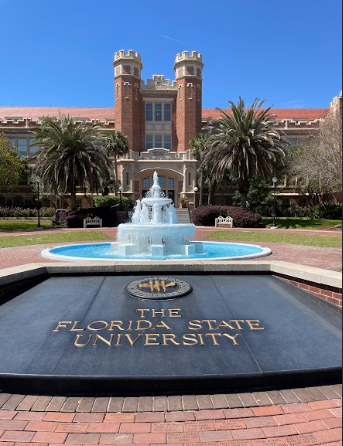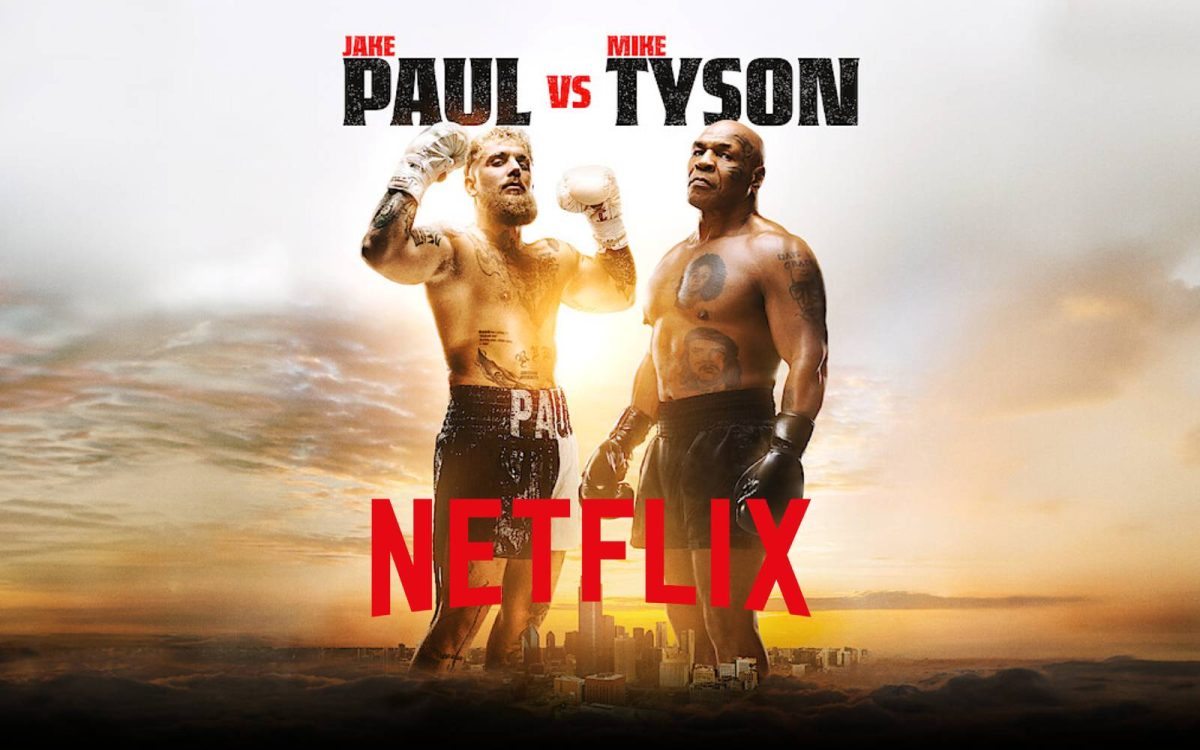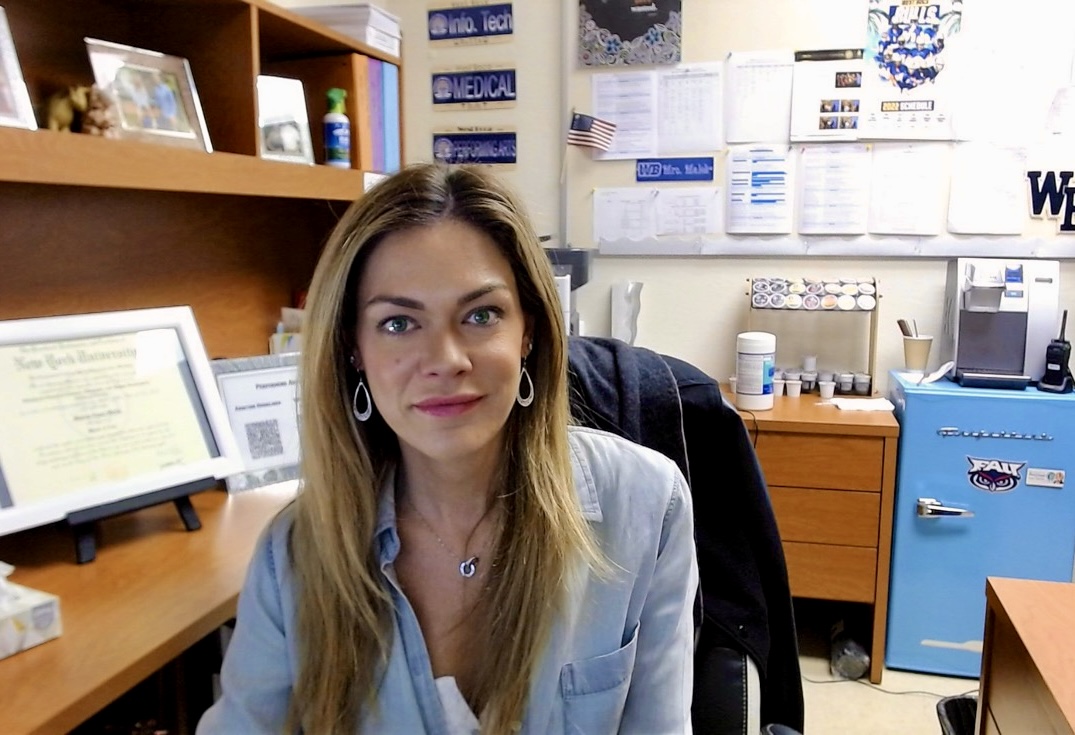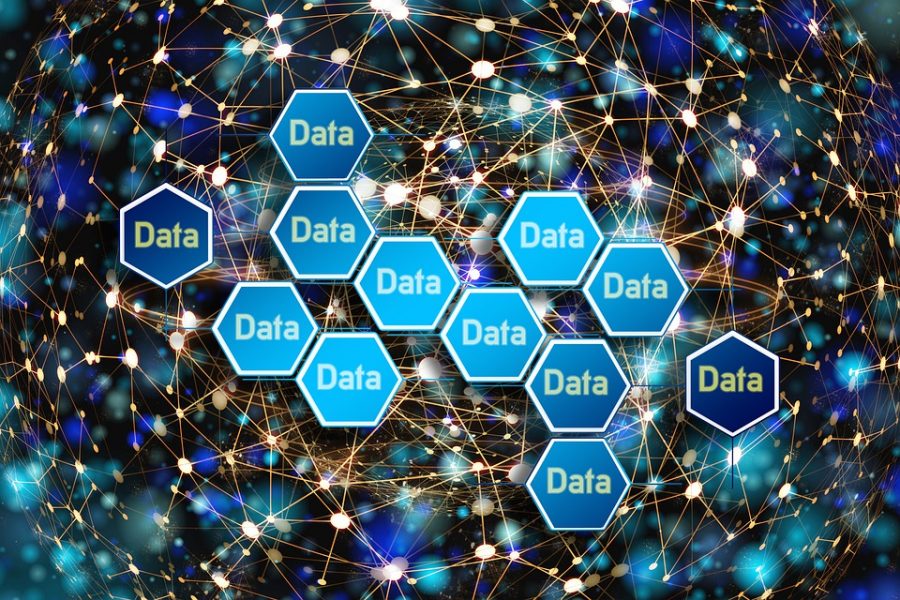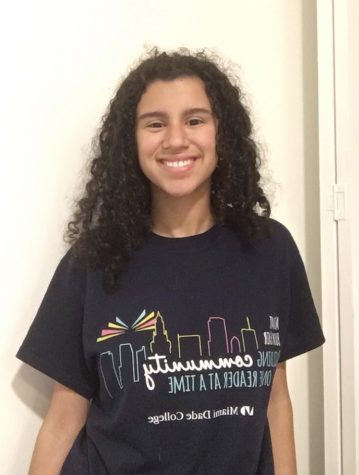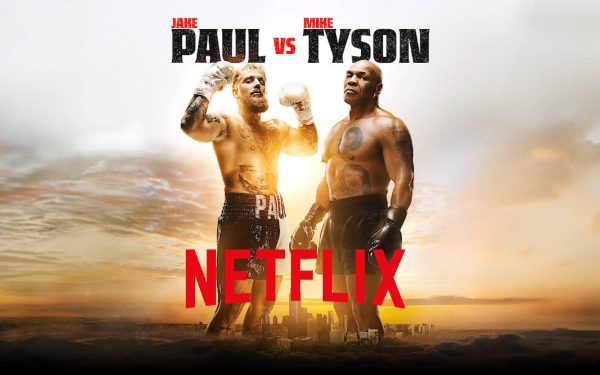Algorithms and Echochambers
Many have become skeptical of how social media and the internet has influenced us over the past five years.
November 16, 2020
Americans, both young and old, are at their most vulnerable as technology advances exponentially before our eyes. We are all becoming more aware of the influence that social media has on body image, social circles, and ultimately politics. Many people are now proposing that these sites’ algorithms may be influencing how people operate online which includes how they get their news and politics.
What are algorithms?
An algorithm is a process or set of rules to be followed in calculations or other problem-solving operations, especially by a computer, but the definition that is most relevant to this discussion is specifically machine-learning algorithms. These are algorithms that learn and then improve over time based on prior experience. For example, if a person was searching on Google for a new phone, these algorithms would store that information and later that day they may get an ad for the new iPhone. These algorithms on social media in particular are trying to keep their users online for longer amounts of time, so they always try to recommend something that they think specific users would like or what similar users like as well.
Filter bubbles & Online politics?
Other than the mainstream television news sources, most people receive their news from some form of social media, whether that be Tik Tok and Twitter for most teenagers and young adults, or Facebook for older generations. Those machine-learning algorithms that were previously mentioned store information on what users like to watch, what news stories they keep up with, and much more. And this creates what Eli Pariser calls a “filter bubble”. He defines this as “a state of intellectual isolation that allegedly can result from personalized searches when a website algorithm selectively guesses what information a user would like to see based on information about the user”. In other words, this is when people, as a result of their activity online and the information that commonly consumes, get put in these bubbles of ideas and they are isolated from other users with different viewpoints. These are another way to say echo chambers of thought. This is the main reason why many people feel that the internet has caused this division in modern-day politics as those with one viewpoint interact with people and posts of that viewpoint and that is the same on the other side of the spectrum. They can get vastly different perspectives or facts on the same events, so it makes it incredibly difficult to learn about the world/national politics in a non-biased fashion these days.
Are algorithms actually radicalizing people?
Because of the impact that these self-learning algorithms have, some have argued that they may result in the radicalization of some people’s views. There is definitely a claim to be made that people’s overuse of social media and how easy it is to be put in an echo chamber of political confirmation bias (where all the people in your social media circle, as well as the media you consume all, agree with your world views). However, these algorithms are definitely not the reason for this extreme political isolation leading to radical views. The users are themselves responsible, but as informed social media users, we all should be wary of the things that we are shown online.
What does this mean for the future?
The effects of social media and politics have been much more apparent ever since the 2016 US presidential election with the impact that fake news and sites like Facebook had on the outcome of that election. Even now with the COVID-19 pandemic, their users have had to fight off thousands upon millions of fake information on the pandemic, and many put the blame on algorithms for showing users this information in the first place. Looking to the future, the most we can do as of today is hold these social media platforms accountable for this misinformation spread and just be more informed despite the constant influence of bias.


